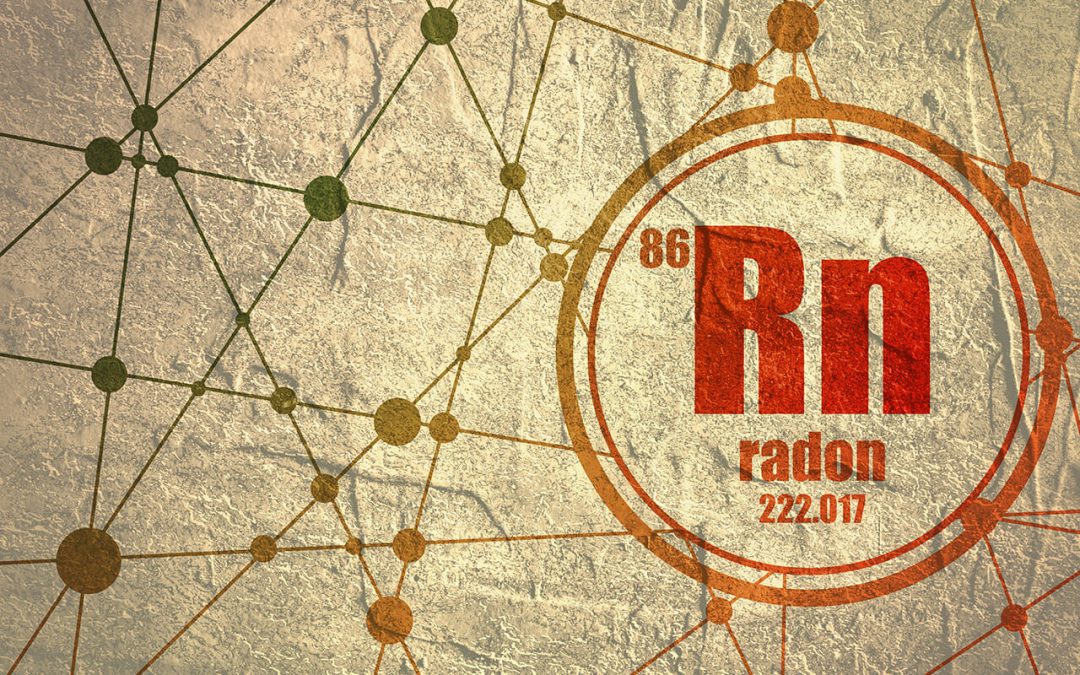Most homeowners know about the dangers of carbon monoxide, an odorless, colorless, and dangerous gas. However, many do not understand the risk of exposure to radon gas. Breathing air contaminated with radon gas over an extended period drastically increases your risk of developing lung cancer. Here are a few tips to protect you and your family from radon in the home.
What is Radon?
Radon is a gas that forms as radioactive material in the soil decays. It’s naturally occurring but not hazardous outdoors where it harmlessly dissipates in the air. Exposure to radon gas becomes a more significant threat when it occurs in a closed, sealed space, like your home. Radon seeps indoors through cracks in basement walls and service openings in the foundation, so the concentration of radon on the ground floor of homes may be quite high.
Exposure to Radon Gas in the Home
Radon gas is heavier than air, so it accumulates in the lowest part of your home, whether in a garage, basement, or first floor. The HVAC system moves air throughout rooms in your home, so you will breathe air contaminated with radon even if you’re on other levels of the house.
Exposure to radon gas in high concentrations for an extended period significantly increases your risk of developing lung cancer. Having other risk factors or a history of smoking will increase the risk further. If you discover elevated radon levels in your home, hire a professional radon mitigation company to design a system to remove radon from your property.
How to Detect Radon in the Home
The only way to learn the levels of radon gas in your home is through testing. A radon professional will visit your property and inspect the basement and foundation for signs of cracks and other problems. They will set up short-term and long-term tests that measure precise radon levels and give you a report detailing their findings. If your results reveal radon levels exceeding 4 pCi/L or higher, the next step will be to contact a radon mitigation pro to fix the problem and make your home safe.
Another time to perform testing is before purchasing a new home or moving into a rental property. Regulations on radon disclosure vary from state to state, and the only way to have complete confidence that your family is safe is through professional radon testing.
Coastline Home Inspection offers inspections in the Hampton Roads area. Contact us to schedule an appointment if you’re buying or selling a home.

